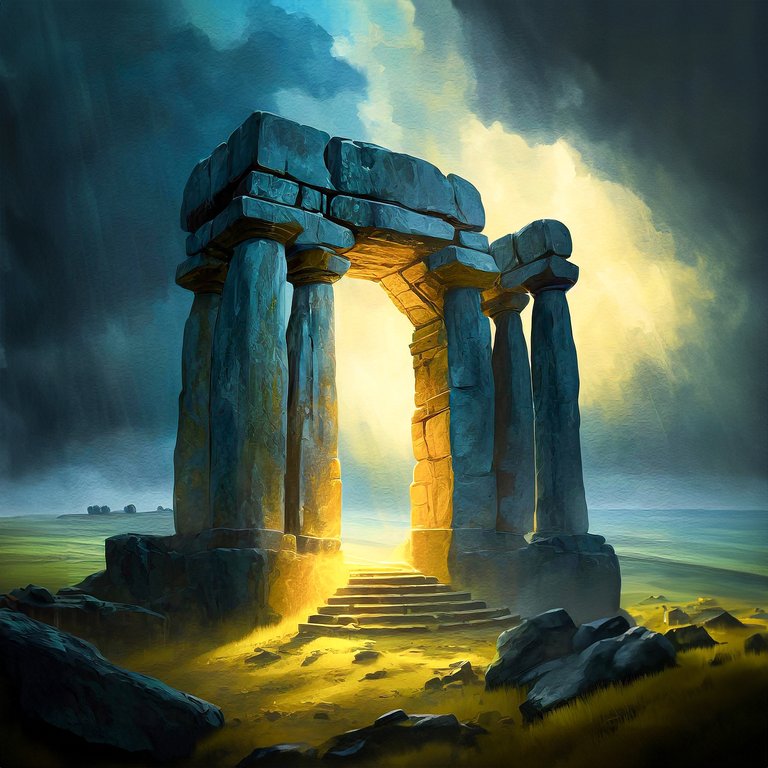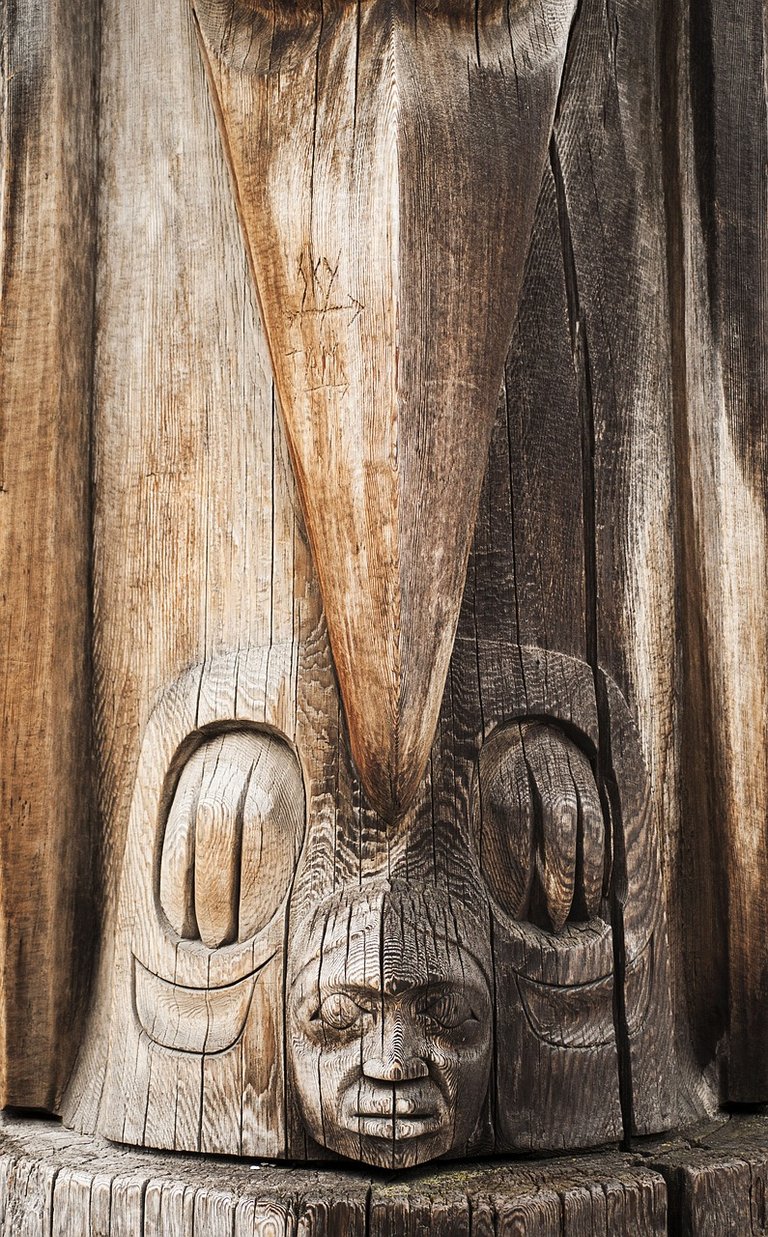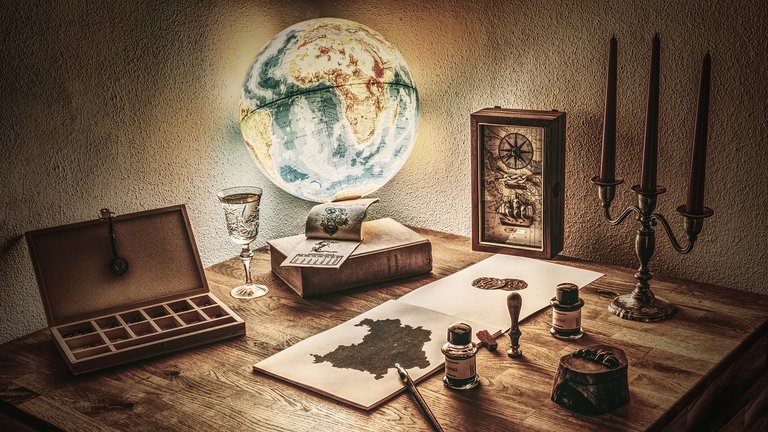Holla guys. It's your favorite girl @imaima. Welcome to my blog. Today I'll be writing on the ancient civilizations.
Listening to the history of the ancient civilizations, we implicitly associate it with great builds, kings, and wars. Nevertheless, existing on the canvas of such global discourses are the histories of apparently ordinary individuals who themselves have the potential to tell a great deal about the structure of prehistoric cultures.
The Workers Behind the Wonders
For instance, let us talk about ancient Egypt. Thus, while there are only three pyramids of Giza and Sphinx that one gladly dream about, there were thousands of constructors, stonemasons, artists, and architects behind the great construction. Archaeological evidence discovered in the present decade points of these settlers as wage earners and not slaves and they lived in workers’ villages in the vicinity. These villages present the glimpse of the life that those who built Egypt’s images of strength and stability experienced in their everyday lives focused in their mud-brick houses and plazas. As for the daily living, these peculiarities give a rather vibrant though rather harsh picture.
Life in Ancient Rome: Beyond the Coliseum
Especially in ancient Rome, where the historical context is defined by such monumental constructions as the Coliseum and the Forum, the objective aspect can be regarded as dominant. However despite the indispensible nature of the artisans, traders and domestic slaves to the functioning of the empire their lives were not illustrated as glamorous. The ruins of the city are fairly well preserved and give a really good picture of the life during that time. Common domestic scenes in the Pompeian housing are illustrated in the frescoes such as the symposion or large dining rooms, food market, and the like.
Ancient China: The Peasants' Perspective
The Old China and its dynasties and emperors can seem rather remote and grand. But the reality of peasants and artisans provides a much more basic life. The artifact evidence includes prehistoric farming implements and the dwellings of early agricultural societies suggest the means of food production, and the way of rural living. Literary texts that have histories like the “Shiji” (Records of the Grand Historian) give an account of peasant lifestyle, their suffering, their productivity and the social and economical relations of ancient Chinese civilization.
The Role of Everyday People in Ancient Greece
In Greece, there were not just the philosophical discourses of Athens and the warfare strategies of Sparta, but what was equally as important in people’s lives. Through pottery, the history of the families, their detailed roles and tasks assigned to each family member and any trade fairs celebration by each family can be known. The discovery of the ancient city of Olynthus has only been made relatively recently and the artifacts and houses that were discovered are in fairly good condition allowing us to get a good idea of the life of a typical Greek Citizen.
Conclusion
While great sagas of early cultures tend to dominate the general history and preserve the great legacy, the small histories of the living people are important too. Looking at how workers, craftsmen, farmers, and ordinary people lived, we learn a more complex history of the ancient world. Some of these related to daily-life and highlight that history is not only the grand achievements of entire societies but also the anecdotes of their normative ways of living.
Posted Using InLeo Alpha



China is especially old and interesting
Very true
learning about history it interesting.
So interesting.
You get to learn alot and know unravel mysteries